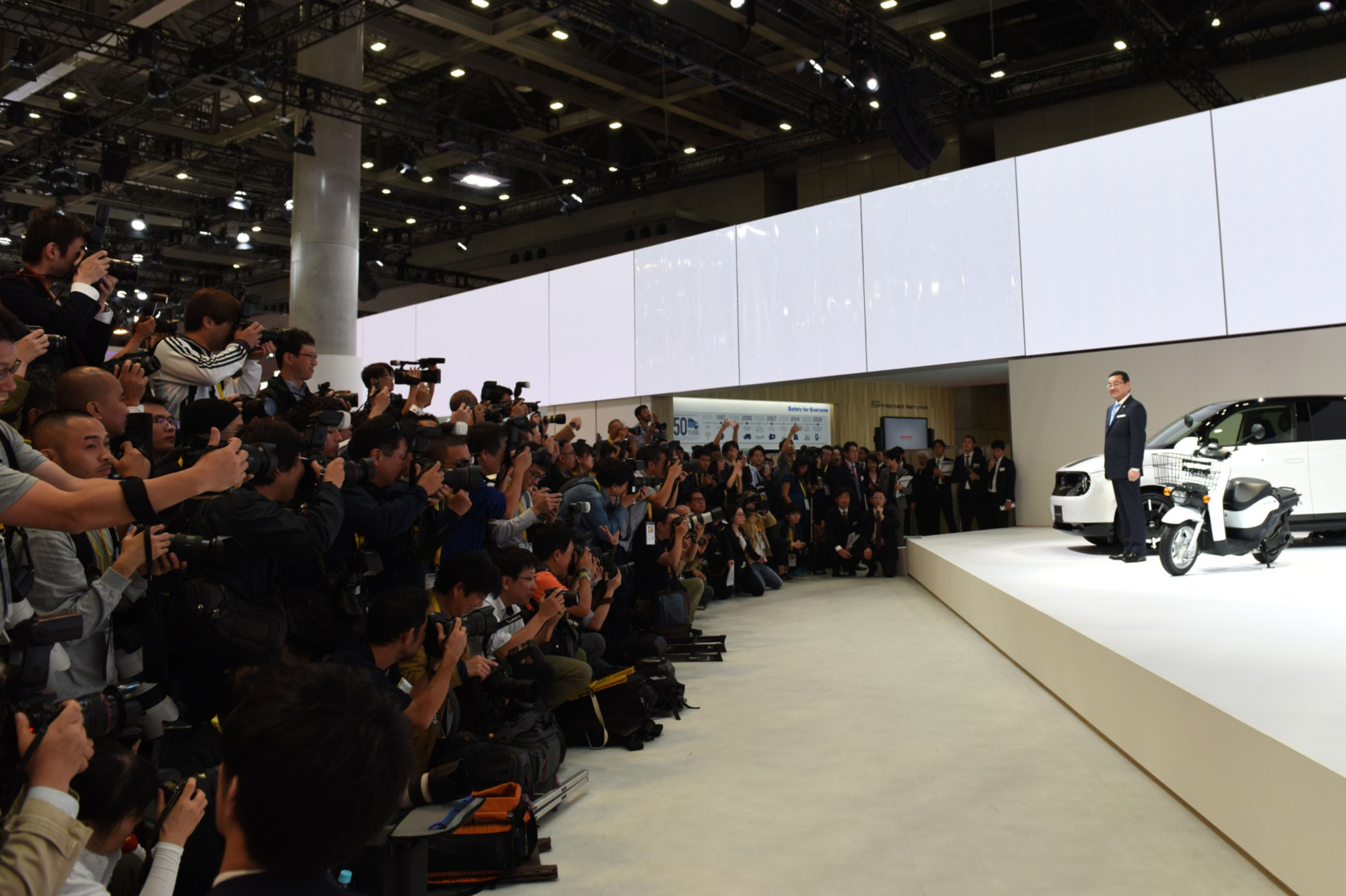The final days of 2019 saw a series of events of significance for women in Japan. Journalist Shiori Ito, who had gone public charging sexual assault by a former Washington bureau chief of a TV broadcaster, won the damages suit against the man. Japan was ranked 121st — its worst on record — in the World Economic Forum's gender gap index. Keidanren (Japan Business Federation) signed an agreement to support Thirty Precent Club Japan, a group of business executives committed to having women occupy 30 percent of the seats on their board. In 2020, we must endeavor to improve Japan's gender gap standing — which is indeed shameful for an advanced country.
Promoting a young woman to an important position in this country is often accompanied by comments questioning her reliability or capability as leader. The news that a 34-year-old woman became prime minister in Finland — and all the leaders of the parties in her ruling coalition were young women — was greeted in Japan by many negative comments on Twitter.
But how would Japan's own landscape appear to government officials or businesspersons in other countries? I'm afraid that many people overseas may be apprehensive whether it's all right to keep this country in the hands of those elderly men in key positions.


















With your current subscription plan you can comment on stories. However, before writing your first comment, please create a display name in the Profile section of your subscriber account page.